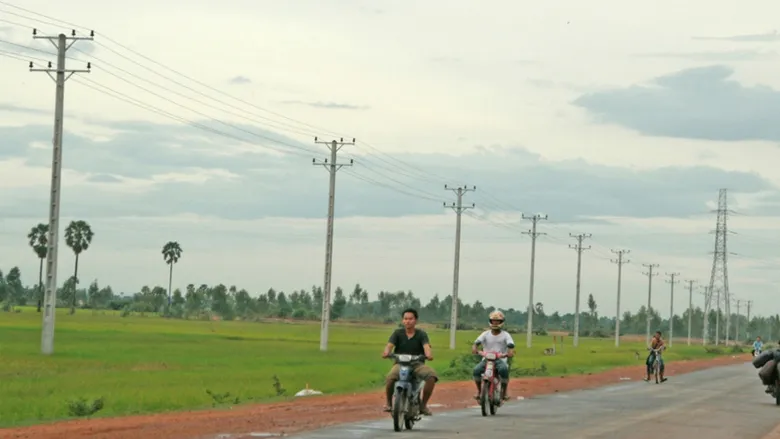
Inside Electricité du Cambodge's 2.4GW cross-border deals with Laos
The massive deals faced technical risks as the two coal plants involved were minemouth projects.
The dry months between October and April regularly paralyse Cambodia’s power generation capacity from its major electricity resource - hydropower. The Kingdom has been urgently securing electricity from other sources such as solar photovoltaic (PV) and thermal resources to address this shortage and cope with rising electrification, which grew from 4.80% in 2003 to 89.07% in 2019.
On 25 September 2019, Cambodia’s main electricity supplier Electricité du Cambodge (EDC) inked two cross-border deals with two Lao developers to secure 2,400MW of power for 30 years. The deals will allow the units of the Lao IPPs Xekong Thermal Power Plant Company Limited and TSBP Sekong Power and Mineral Company Limited to come online between 2024 to 2027.
Also read: Electricité du Cambodge inks first cross-border deals with Lao IPPs
The deals were landmark transactions for Cambodia due to the size of the projects as well as their role in the Kingdom’s electricity needs. Complexities were inevitable, however, according to Kohe Hasan and Bree Miechel, who are both partners at EDC’s legal counsel Reed Smith.
“As transnational projects involving the development of greenfield projects in Laos for the export of electricity across the border to Cambodia for 30 years, these are far more complex deals than domestic power sales. The deals required the support and cooperation of the governments of both countries which was delivered in terms of the concession agreements required in Laos as well as various intergovernmental arrangements,” Hasan and Miechel told Asian Power.
The deals had to take into consideration that both projects by the IPPs were mine mouth projects. “The deals also carried a higher level of technical risk in some respects to other thermal projects. This required additional work and concessions on all sides to set these projects up for successful financing and development in the future,” they added.
Another hurdle for the deal was the slow time to close power purchase agreements (PPA) for thermal plants in neighbouring countries which, Hasan and Miechel said, can take up to eight years.
“The timeframe within which the agreements were concluded is almost unparalleled for conventional projects of this scale and in this region. Here all parties were committed to meeting the agreement execution deadline so as to prevent any delay in the financing and development of these projects to meet Cambodia’s five year energy plan,” they said.
Path to the future?
Whilst the completion of EDC’s deals may suggest the emergence of similar cross-border ones in the rest of IndoChina, the team at Reed Smith thinks otherwise as it has observed that countries such as Thailand and China no longer have the same need to import power.
“Laos has excess power whist Vietnam’s GDP growth in recent years has fuelled a growing need for power and much of that need is being met domestically. Further, Vietnam is having difficulty absorbing power generated by the new solar PV and wind facilities coming online with a need to plan in place for the upgrade of domestic transmission infrastructure,” Hasan and Miechel explained.
Photo from World Bank








![Cross Domain [Manu + SBR + ABF + ABR + FMCG + HBR + ]](https://cmg-qa.s3.ap-southeast-1.amazonaws.com/s3fs-public/styles/exclusive_featured_article/public/2025-01/earth-3537401_1920_4.jpg.webp?itok=WaRpTJwE)
![Cross Domain [SBR + ABR]](https://cmg-qa.s3.ap-southeast-1.amazonaws.com/s3fs-public/styles/exclusive_featured_article/public/2025-01/pexels-jahoo-867092-2_1.jpg.webp?itok=o7MUL1oO)









 Advertise
Advertise


